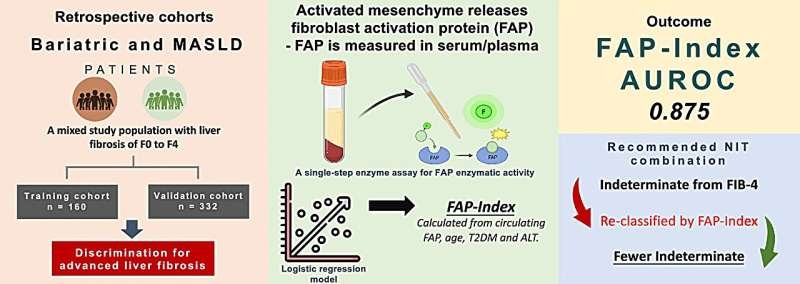Urine Metabolite Test Can Predict Diabetic Kidney Failure 5-10 Years Early
Posted on 25 Aug 2023
Until now, the presence of protein (albumin) in the urine has been the key indicator for kidney disease. However, nearly half of diabetes patients who experience kidney failure do not exhibit substantial protein levels in their urine. Now, in the first-ever study, researchers have identified a new predictive marker in the urine that identifies these patients at an early stage. This discovery holds significant implications, given that 90% of diabetes patients with low levels of albumin in their urine remain at heightened risk.
Researchers from UT Health San Antonio (San Antonio, TX, USA) have discovered that the levels of adenine, a metabolite originating in the kidney, serve as predictive and causative biomarkers for impending progressive kidney failure in diabetes patients. Metabolites are small molecules generated in response to metabolism. They can either drive cells towards a healthy state or a disease state. This breakthrough opens avenues for clinical testing to identify, five to ten years prior to kidney failure, patients who are at risk. Importantly, the research team identified a specific small molecule that can inhibit the main pathway of endogenous adenine production in the body. This therapeutic drug decreased kidney adenine levels in mice with type 2 diabetes.

The researchers studied over 1,200 diabetes patients across three global research cohorts, consistently finding a correlation between elevated urine adenine levels and a heightened risk of kidney failure. UT Health San Antonio has perfected a spatial metabolomics technique on kidney biopsies from human patients that enables the identification of adenine and other small molecule locations within kidney tissues. The team detected endogenous adenine around scarred blood vessels in the kidney and around tubular-shaped kidney cells that were undergoing destruction. The finding that elevated adenine levels are also linked to all-cause mortality in study participants implies that the metabolite may influence other bodily regions. Although the measurement of urine adenine presents challenges, the Center for Precision Medicine at UT Health San Antonio has devised a robust and sensitive method to accurately measure urine adenine levels in patients.
“It’s a very difficult technique, and it took us several years to develop a method where we combine high resolution of the geography of the kidney with mass spectrometry analysis to look at the metabolites,” said the senior study author, Kumar Sharma, MD. “What we’re hoping is that by identifying patients early in their course and with new therapies targeting adenine and kidney scarring, we can block kidney disease or extend the life of the kidney much longer.”
Related Links:
UT Health San Antonio














